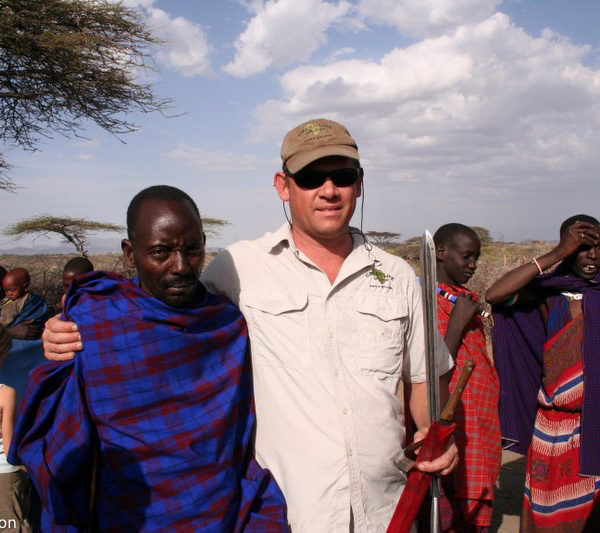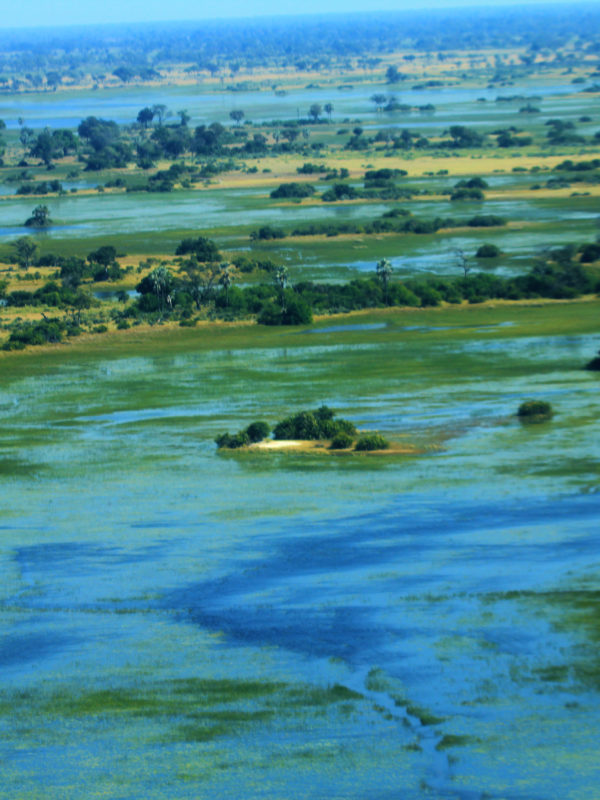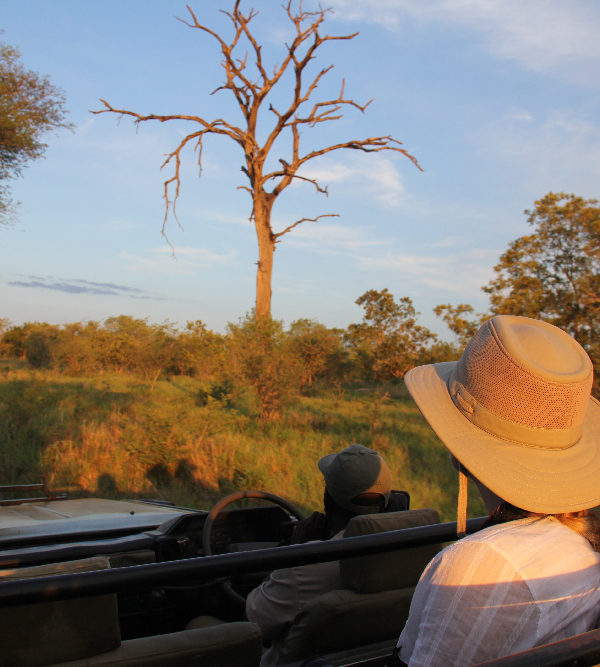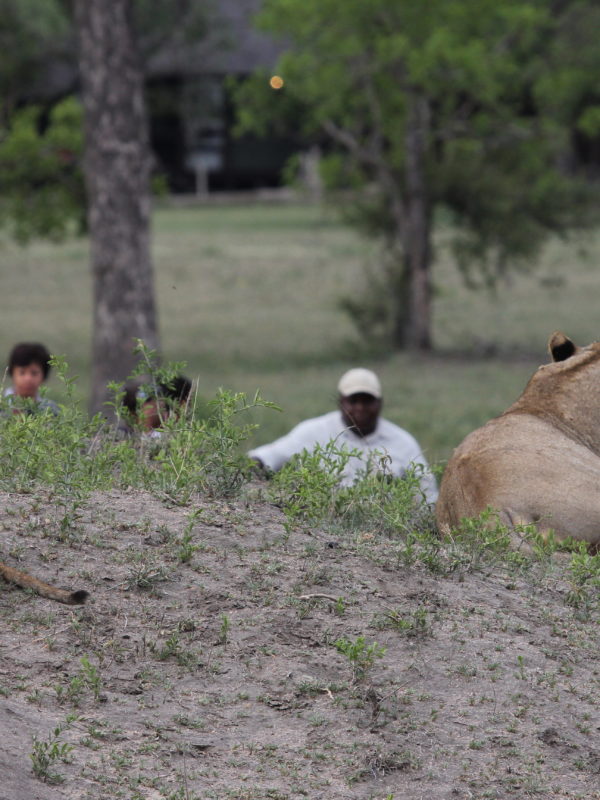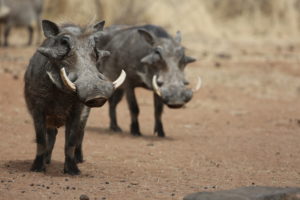The attractions of eastern Botswana are today, one of its best-kept secrets. In the past however, it was populated by a civilization that we know very little about. Some of the ruins at Mashatu pre date the nearby mysterious Great Zimbabwe ruins, and there is a permanent on-site archaeologist to enlighten you as to its ancient inhabitants.
The Tuli block became its awkward long narrow shape when it was given to Cecil John Rhodes in the late 1800’s to build a railway line. There were far too many small rivers to cross, so the line was eventually constructed further west.
Access to the area was historically bad due to poor quality dirt roads and by the 1960’s it became obvious that game farming and tourism were the better options for Tuli Block land. Farms began to consolidate into conservation areas, which became privately owned reserves including the Tuli Game Reserve and Mashatu – which is the largest privately owned game reserve in Southern Africa.
The wildlife areas are located between the Limpopo, Motloutse (Great Elephant) and Shashe Rivers and is a diverse wilderness of open grass plains, marshlands, massive trees hugging the riverbanks and a fascinating variety of rock types. Giant boulders and rocky outcrops are punctured by huge peculiar-looking Baobab trees and cacti-like Euphorbias.
ANIMALS & BIRDS
There are few fences in the entire Tuli area which permits unrestricted travel for animals along a large section of the Limpopo River. As a result most game farms and private lodges see migrant populations of impala, wildebeest, kudu and zebra as well as resident bushbuck, waterbuck, warthog and hippo. Nearer the Motloutse River you can add hyena, elephant, lion, leopard and cheetah to the list.
During night drives you are likely to encounter the strange-looking springhare, which resemble small kangaroos as they hop around in the headlights. Genet, lynx, leopard, porcupine, aardwolf and aardvark are all shy nocturnal animals that might be seen.
There are a wonderful variety of birds here, some who soar and others who prefer to keep their feet on the ground. Circling in the thermals you will see lappetfaced vultures, majestic black eagles and martial eagles, while darting to catch insects are brilliantly coloured bee-eaters, kingfishers and rollers,. On the ground are ostriches, huge kori bustards, saddle-billed storks and the rather peculiar-looking ground hornbill. Other birds to watch out for are giant eagle owls and Meyer’s parrots.
African Elephant. Pic: David Anderson
SEASONS
Rainy Season: Rain falls any time between September through to May and the area turns green and many of the antelopes give birth. Mid-summer months are December, January and February.
Dry Season: The land is arid and dry during the Winter months of June – August. There are few insects around and although it is cooler, it is still very pleasantly warm during the daytime with cold nights.
TULI & MASHATU SPECIALITIES
· Elephants of every size in large numbers
· Good chance of seeing leopards, lion and cheetah
· Mashatu offers mountain biking, horse riding, walking and game drives
· Night drives reveal rare nocturnal animals
· Eagles and eagle owls
· Strange-looking ground hornbill
· Unique geology with unusual rocky outcrops
FACTS
The Tuli wildlife areas are all under private management, so all visitors must have prior bookings
Night drives are a speciality
Rangers and trackers are usually from the Tswana tribe
Mashatu is right on the South African/Botswana border so a safari to this reserve is an easy trip by road from Johannesburg or by direct flight into Mashatu by Air Botswana.
This is a malarial area.

